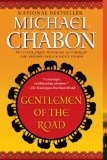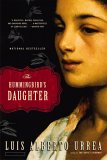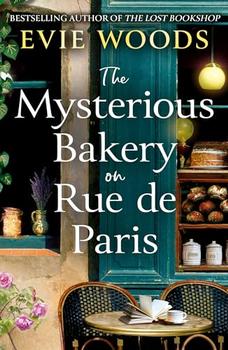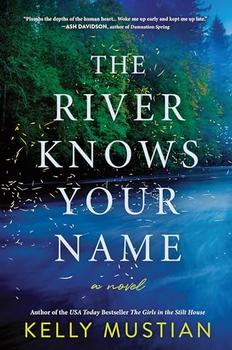Summary | Excerpt | Reading Guide | Reviews | Beyond the book | Read-Alikes | Genres & Themes | Author Bio

A Novel
by Isabel AllendeA swashbuckling adventure story that reveals for the first time how Diego de la Vega became Zorro, the masked man we all know so well.
A swashbuckling adventure story that reveals for the
first time how Diego de la Vega became the masked man we all know so well.
Born in southern California late in the eighteenth century, he is a child of
two worlds. Diego de la Vega's father is an aristocratic Spanish military
man turned landowner; his mother, a Shoshone warrior. Diego learns from his
maternal grandmother, White Owl, the ways of her tribe while receiving from
his father lessons in the art of fencing and in cattle branding. It is here,
during Diego's childhood, filled with mischief and adventure, that he
witnesses the brutal injustices dealt Native Americans by European settlers
and first feels the inner conflict of his heritage.
At the age of sixteen, Diego is sent to Barcelona for a European
education. In a country chafing under the corruption of Napoleonic rule,
Diego follows the example of his celebrated fencing master and joins La
Justicia, a secret underground resistance movement devoted to helping the
powerless and the poor. With this tumultuous period as a backdrop, Diego
falls in love, saves the persecuted, and confronts for the first time a
great rival who emerges from the world of privilege.
Between California and Barcelona, the New World and the Old, the persona
of Zorro is formed, a great hero is born, and the legend begins. After many
adventures -- duels at dawn, fierce battles with pirates at sea, and
impossible rescues -- Diego de la Vega, a.k.a. Zorro, returns to America to
reclaim the hacienda on which he was raised and to seek justice for all who
cannot fight for it themselves.
Allende was approached by John Gertz, who owns the rights to Zorro, to write a
literary book about the famous character. Gertz's father had bought the
rights to Zorro from McCulley in 1920 and, in conjunction with Disney, had
developed Zorro into a TV series, comic book and feature film. When Gertz
Jr bought the rights back it occurred to him that Zorro had never been portrayed
in a 'serious' work of literature, so he started searching for a writer to hire
- someone who knew California well, could think in Spanish and had a track
record in historical research.
Initially Allende brushed him off but rather than take no for an answer Gertz
left her with a boxful of artefacts - tapes of old ...
This "beyond the book" feature is available to non-members for a limited time. Join today for full access.

If you liked Zorro, try these:

by Michael Chabon
Published 2008
Zelikman and Amran are escorting a young prince to reclaim his usurped throne. Getting there – along a path paved with warriors and whores, evil emperors and extraordinary elephants, secrets, swordplay, and such stuff as the grandest adventures are made of – will be much more than half the fun.

by Luis Alberto Urrea
Published 2006
A spectacular novel as grand as a western sunset, the story of a girl coming to terms with her destiny, with the miraculous, and with the power of faith. It is the tale of a father discovering what true love is and a daughter recognizing that sometimes true love requires true sacrifice.



Tread softly because you tread on my dreams.
Click Here to find out who said this, as well as discovering other famous literary quotes!